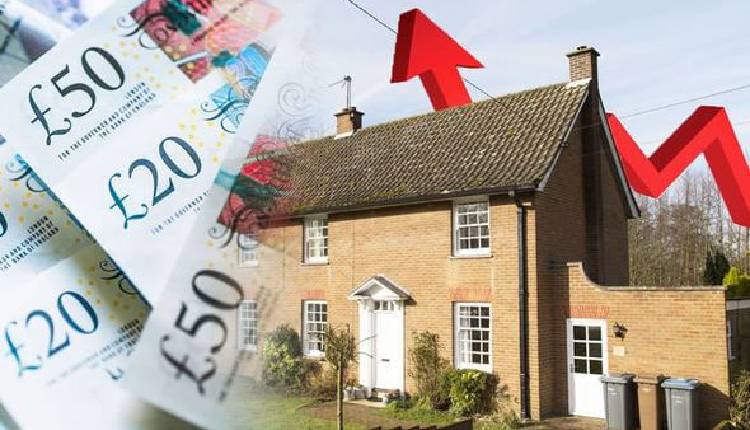U.K. house prices experienced a greater increase than predicted this month due to lower borrowing costs, which further propelled the recovery of the property market into 2024, Bloomberg reported on Wednesday, citing Nationwide Building Society.
According to Nationwide Building Society, the average home price in January increased by 0.7 per cent to £257,656 ($326,550), surpassing economists’ forecast of a 0.1 per cent rise.
This leaves the prices only 0.2 per cent below the level from a year ago, marking the most robust performance in 12 months.
Robert Gardner, Nationwide’s chief economist, said that recent trends show promising signs for potential buyers as mortgage rates continue to decrease, which aligns with investors’ changing perspectives about the future direction of the bank rate as they grow more hopeful about the Bank of England (BOE) reducing rates in the coming years.
Gardner added that although a quick recovery in activity or house prices in 2024 seems improbable, the outlook is becoming slightly more optimistic.
These findings support the expectation of a stable housing market this year, following the evasion of a predicted crash last year. Nationwide forecasts a slight drop in prices in 2024, while some predict a minor increase.
Moneyfacts reports that the average 2-year fixed mortgage rate has dropped to 5.18 per cent, a decrease from nearly 7 per cent the previous summer.
The BOE is likely to start reducing its key rate by this summer and might indicate a shift in its upcoming Thursday meeting.
Nathan Emerson, Propertymark’s CEO, stated that the recent rise in house prices could boost homeowners’ confidence for their next move.
He added that a potential interest rate cut by the Bank of England could further improve affordability, potentially signalling the start of the country’s economic recovery.
Gardner highlighted the uncertainty of the interest-rate outlook, with traders recently reducing their predictions on the extent of the BOE’s rate cuts due to higher-than-expected inflation data.
He emphasised the importance of the development of mortgage rates, as affordability issues will be a major constraint on the housing market in 2023.
London faces the highest affordability pressures, with first-time buyers earning 55 per cent more than the average full-time adult worker.
In the southeast and east of England, the next least affordable areas, first-time buyers generally earn 25 per cent more than the average worker.


